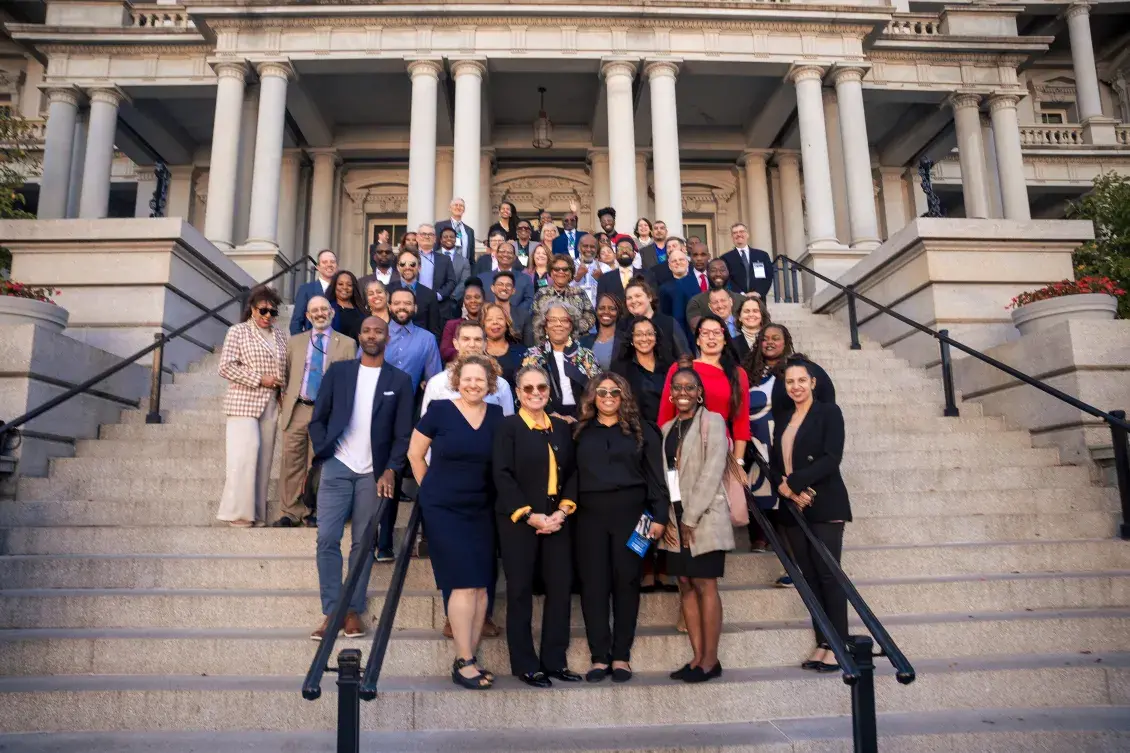Community development doesn’t happen from the top down — it’s built from the block up, by the people and organizations who know their neighborhoods best. That’s the vision behind Enterprise’s Community Partners’ Community Development Organization (CDO) Fund. Since 2020, Enterprise has invested nearly $40 million in 36 CDOs across Detroit, supporting the people and organizations working every day to make their neighborhoods more equitable, vibrant, and livable.
These organizations are doing it all — from housing development to climate resilience, youth programming to economic revitalization. Together, they’ve created over $200 million in economic impact while employing more than 430 staff and local contractors. And beyond the numbers, they are transforming lives, restoring blocks, and building a future for Detroit residents — one home, one business, and one street at a time.
Detroit’s strength has always come from its neighborhoods and the people who know them best. Through the CDO Fund, we’re making sure community organizations have the resources and staying power they need to turn vision into reality—whether that’s housing, economic development, or building the next generation of local leaders.
Melinda Clemons, Vice President and Detroit Market Leader, Enterprise Community Partners
From Grit to Groundbreaking
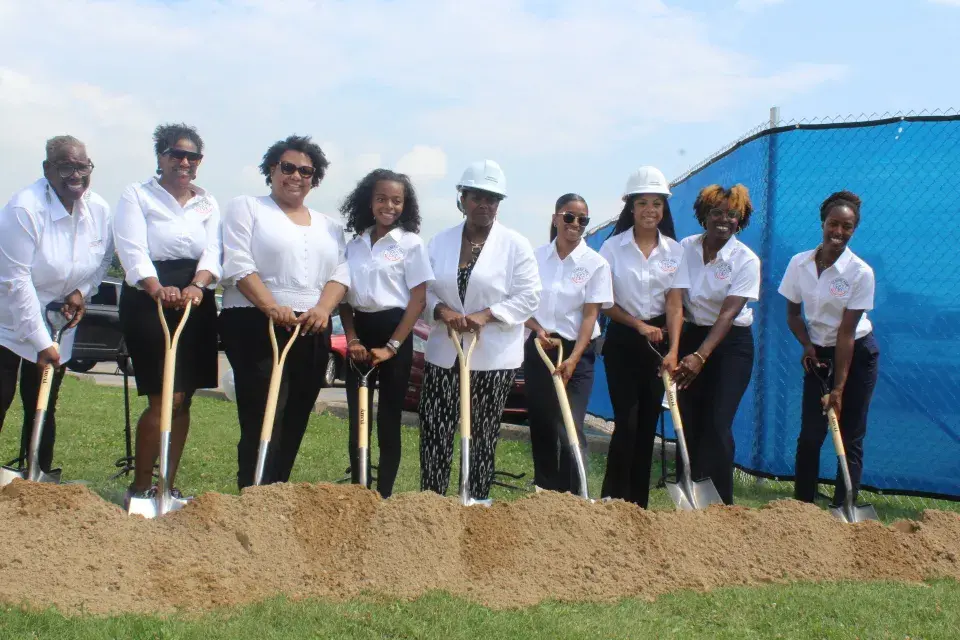
Jeanine Hatcher, executive director of GenesisHOPE, remembers when her organization was running on pure grit—no full-time staff, just volunteers and consultants. With support from the CDO Fund, GenesisHOPE has grown into a thriving organization with eight staff and a bold housing agenda. They recently broke ground on Preston Townhomes in Detroit's Islandview neighborhood, and they’re working to develop the Common Ground Community Land Trust to bring permanent affordability under community control.
“It feels great to have achieved what we set out to do,” shared Hatcher. “We would not have 31 units made for families without the CDO Fund’s support, and we hope this is the first of many.”
Building Back, Block by Block
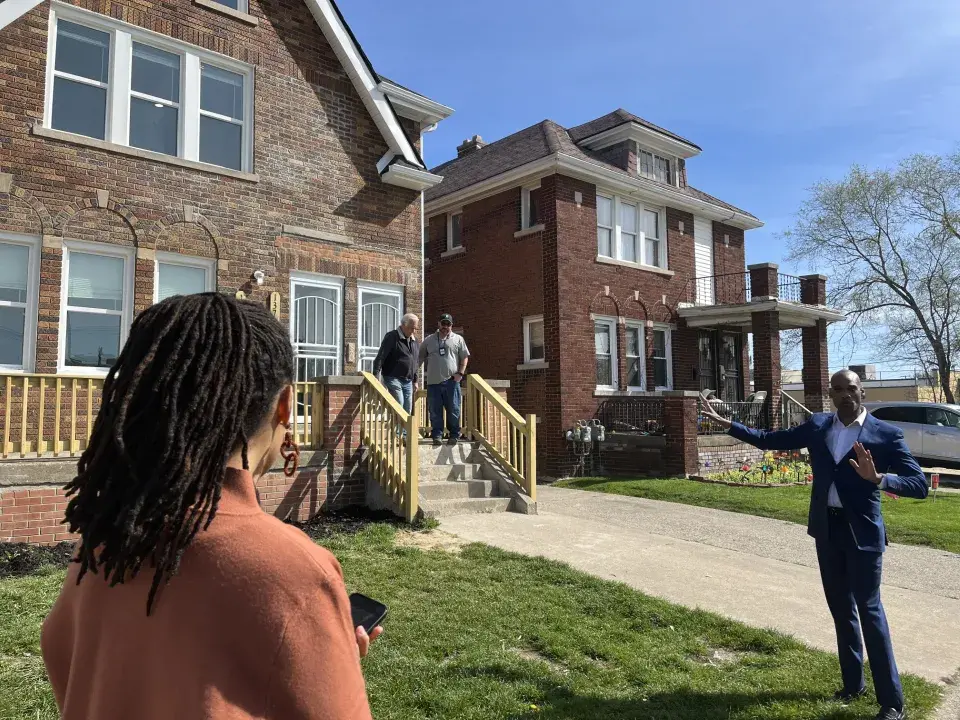
On the northeast side of Detroit, Osborn Neighborhood Alliance is wrapping up their Mapleridge project. The organization took a block where homes were completely abandoned and transformed it into a place where families are moving in, becoming first-time homeowners of affordable duplexes, and renting out their second units to households with vouchers.
The CDO Fund helped Osborn become an independent 501(c)(3) and take on development and rehab for the first time. “When you go back five years, you never would have thought that the street would come back, but with the right resources, proper planning, and an organization that knows how to do development, you can bring back a neighborhood,” said Quincy Jones, Executive Director of Osborn Neighborhood Alliance. “Now, there are no abandoned homes on that block, and we know for a fact that it’s our direct impact.”
Money You Can Count On
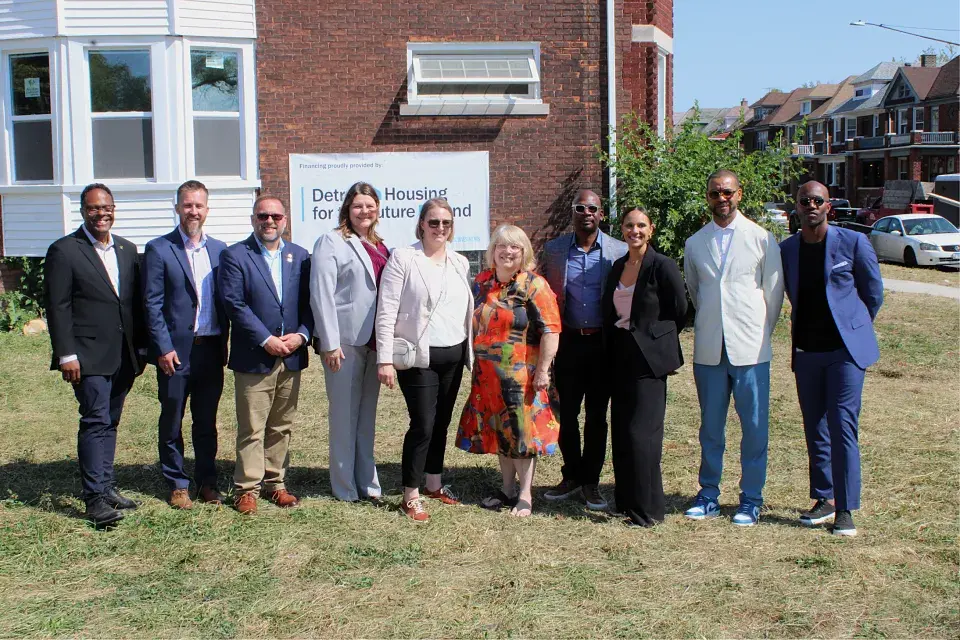
Across the board, CDO leaders emphasize the unique value of flexible, multi-year, operational support—a rarity in the nonprofit world. “Operating support is often the most difficult money to raise, so knowing you had a set amount of funding that was coming to you, that wasn’t restricted in terms of how it could be spent, has been phenomenal,” shared Lisa Johanon, Founder and Executive Director of Central Detroit Christian.
Central Detroit Christian used some of their operating support to pay the mortgage on their building, which serves as their office, as well as a community space. “We’re almost debt free right now—that is incredibly exciting because that money will be freed up to either invest in programs or people,” said Johanon. “We’re getting ready to launch a private school and hope to develop permanent supportive housing for 40 families next year.”
As part of the West Euclid Gateway Housing project, CDC is also wrapping up the rehab of 20 homes with 360 Detroit, a member of the Elevating CDO cohort of the Fund. This smaller cohort is focused on building up the capacity of emerging non-profitsthat benefit from the intensive support. “Multi-year funding for operating support was huge. We were able to hire support staff and programming staff, and plan a few years out,” shared George Adams, executive director of 360 Detroit, “Because of that operational support, we’re able to totally focus, the community benefits, the organization benefits, it’s beneficial to the whole ecosystem.”
Collaboration over Competition
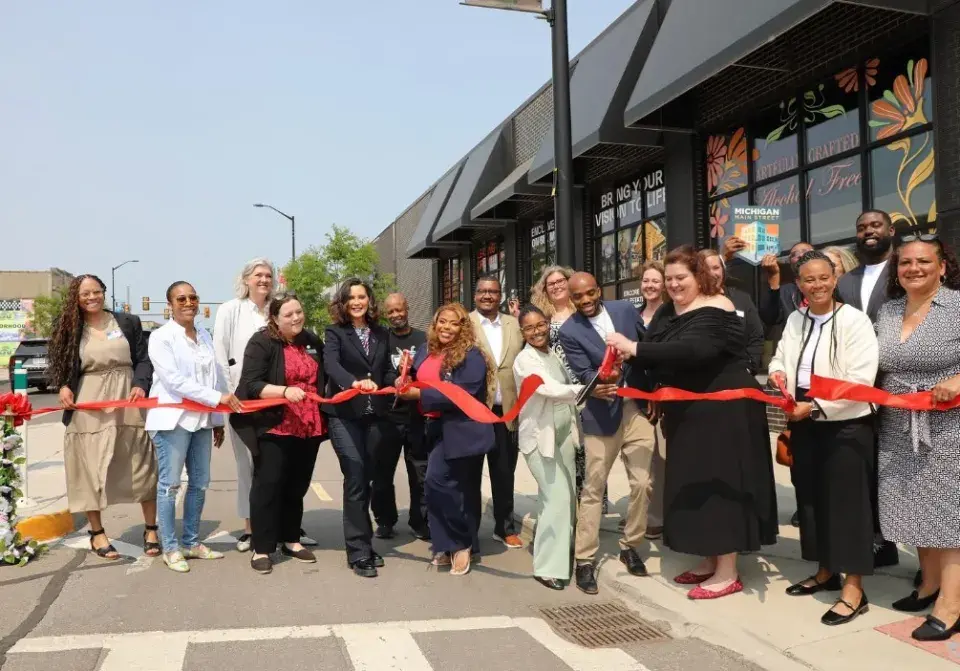
Another common theme echoed by all CDO Fund participants was the unique strength of the cohort model. “We're all representing different organizations, different parts of the city,” said Caitlin Murphy, executive director of Live6 Alliance. “Given the nature of fundraising and running small nonprofits, sometimes it feels like we're in competition with one another. The CDO Fund really built an understanding that there's a larger strategy that we could tap into as a collective to advocate for resources, policy, reform.”
Live6 is part of Enterprise’s Key Corridors cohort of CDOs focused on revitalizing commercial corridors in Detroit by encouraging responsible development and supporting business growth. As Pamela Martin, president and CEO of Vanguard Community Development, another Key Corridors member, put it, "A cohesive group is stronger than disparate, individual groups in a city as large as Detroit. We’ve built relationships with one another, even talking about doing collaborative work, which would not have happened without Enterprise.”
That collaboration also goes beyond Detroit. The CDO Fund hosts learning exchanges in other cities where community organizations are doing exciting work. “If it can happen in Atlanta, D.C., Baltimore, theoretically, it can happen in some fashion here in Detroit,” said Martin. “It’s important to be inspired and dream big.”
What’s next?
Detroit’s CDOs are ready to take on more. More homes. More commercial corridors. More inclusive development that centers residents. But they need sustained investment—and the CDO Fund is proof that it works.
The CDO Fund is powered by seven incredible philanthropic partners who have seen the success of our partners on the ground firsthand: Kresge Foundation, Ford Foundation, Kellogg Foundation, Ballmer Group, Gilbert Family Foundation, Ralph C. Wilson, Jr. Foundation, and Hudson-Webber Foundation. Their support has directly helped Detroit’s CDO ecosystem expand in capacity and cross-collaboration. With planning for the third round of funding underway, Enterprise looks forward to seeing local leaders make an even greater impact on the city and invites philanthropic partners to join the fund and be a part of that change.
